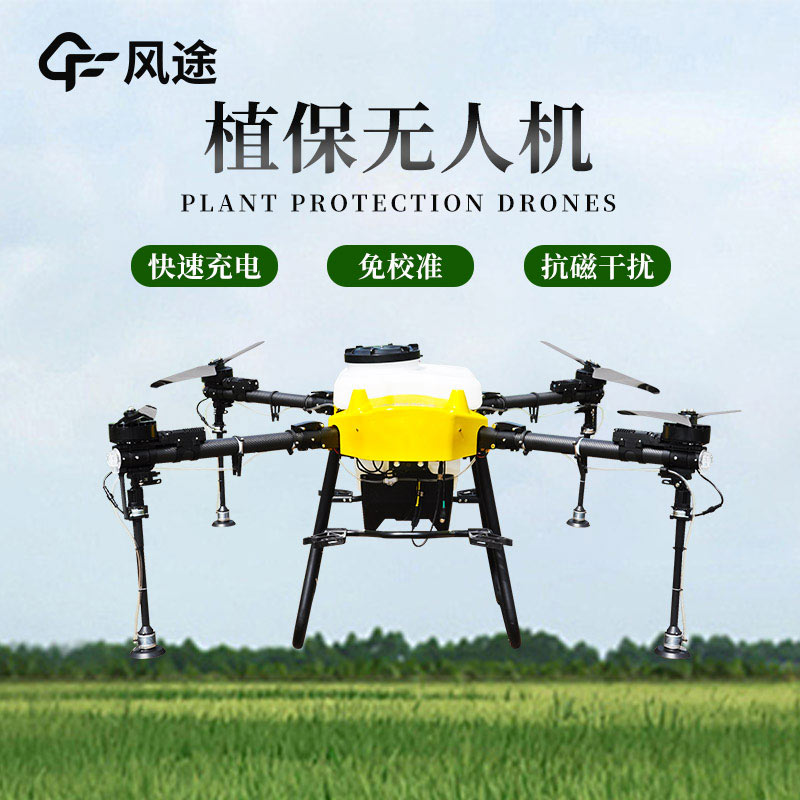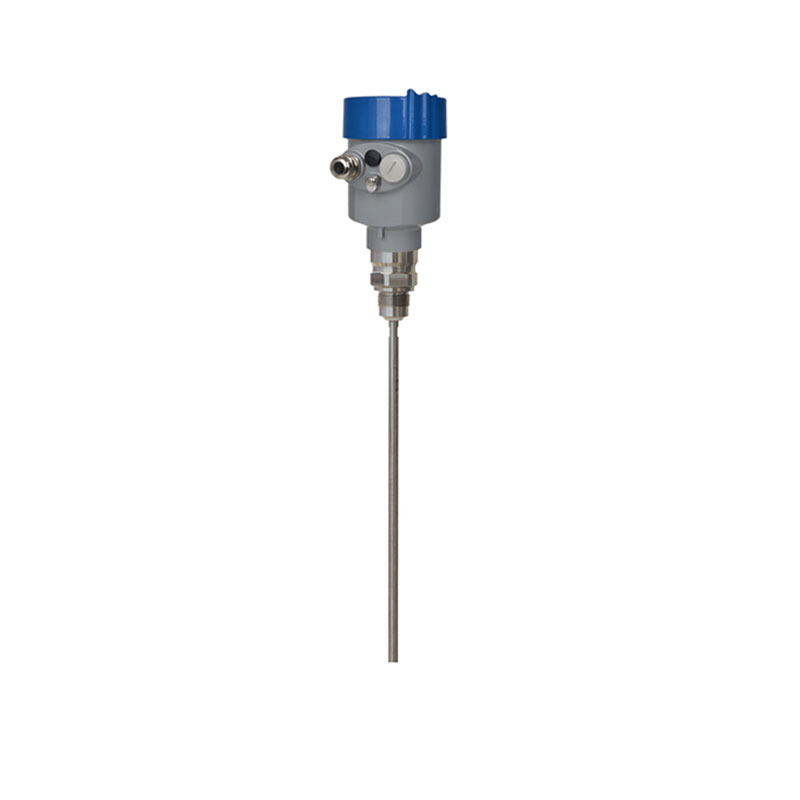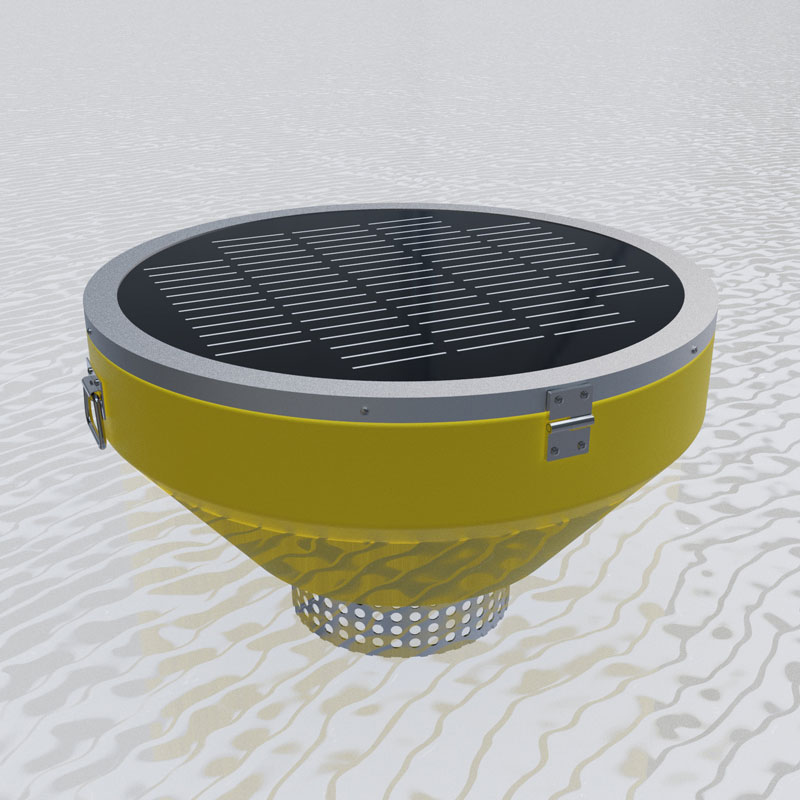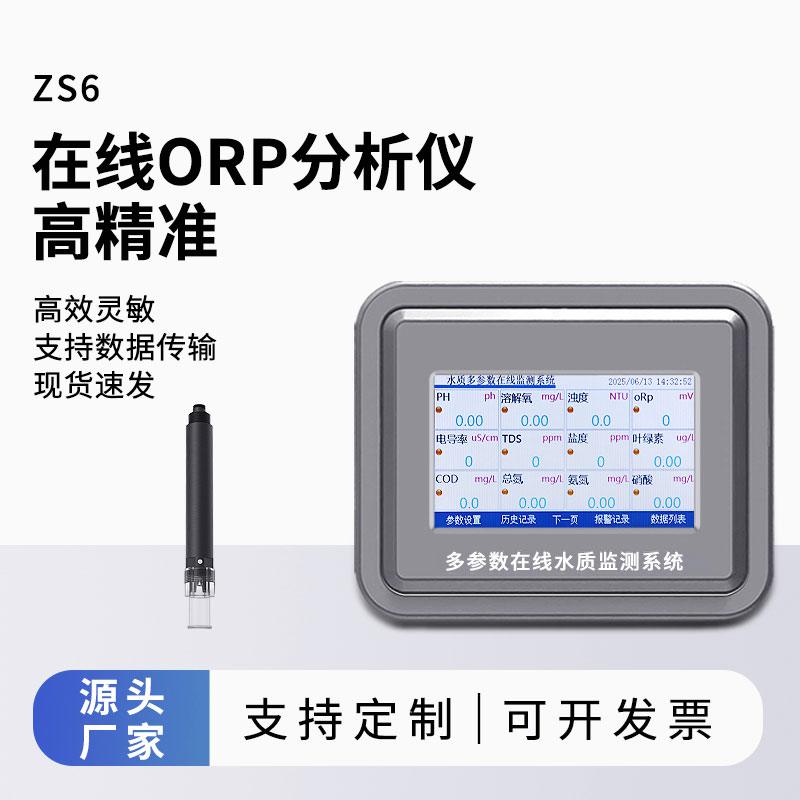The use of drones for pesticide spraying has multiple advantages:
1. Enhancing operational efficiency: the amount of spraying work done by a drone in one hour can be equivalent to the labour of 30 to 40 workers, significantly improving the efficiency of agricultural operations.
2. Reducing the harm of pesticides to the human body: The remote-controlled operating characteristics of drones allow operators to stay away from pesticide spraying areas, thus reducing the potential harm of pesticides to the human body. In addition, by reducing the amount of water used, the concentration of pesticides can be increased, further saving water resources.
3. Optimise the effect of pesticide and fertiliser application: The downward airflow generated by the drone's paddles during rotation helps pesticides and fertilisers to be more evenly distributed to the crops, improving the efficiency of pesticide and fertiliser application, while reducing pollution to the soil.
4. Achieve comprehensive crop monitoring: With high manoeuvrability and a wide field of view, drones are able to fly at low speeds and low altitudes, carrying a variety of monitoring equipment, such as high-definition cameras, to make detailed observations of farmland and crops. This can help in timely detection of crop pests and diseases, assessing the uniformity of pesticide spraying, and monitoring the health of crops.
Drone pesticide spraying, equipped with rotating propellers, usually operates at a low altitude. When the liquid is released from the spraying device, the downward airflow generated by the propellers accelerates the liquid droplets, prompting them to form an aerosol stream. This aerosol flow not only enhances the penetration of the liquid droplets into the crop, but also effectively reduces the risk of pesticide dispersion. Compared with traditional spraying methods, plant protection drones can achieve higher liquid deposition and wider coverage, thus providing better pest control results. In addition, this spraying technology helps to reduce the potential contamination of soil by pesticides, making it an environmentally friendly and efficient application of agricultural technology.

This paper addresses:https://fengtusz.com/industry/362.html









